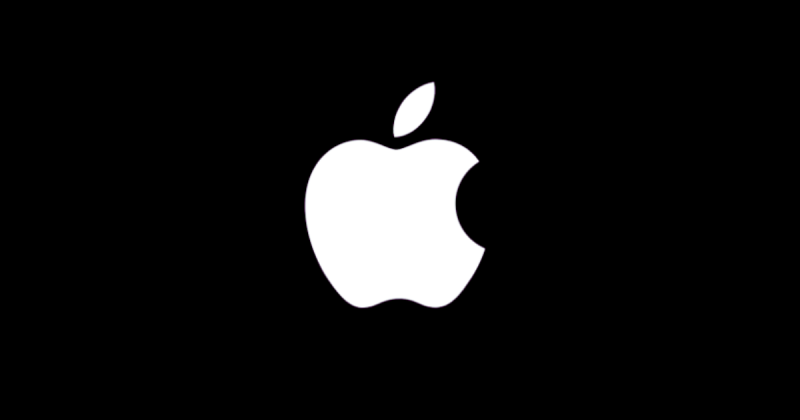Apple has introduced a Digital ID feature that allows iPhone and Apple Watch users to store a digital version of their U.S. passport in Apple Wallet for use at TSA checkpoints across the country.
The technology enables travelers to present their identification without producing a physical passport when going through security for domestic flights. The setup process requires users to scan their passport’s photo page and the document’s embedded chip.
After scanning the passport, users must complete a verification process that includes taking a selfie and performing facial movements. This biometric authentication is designed to confirm the user’s identity matches the passport being digitized.
When approaching a TSA checkpoint, travelers hold their iPhone or Apple Watch near a compatible reader. The device then prompts for authentication through Face ID or Touch ID before any information is transmitted.
The news, however, has sparked outrage from social media users. “The dystopian digital security state is being ushered in quickly,” said Dominic Michael Tripi. “All major tech companies are now formally aligned with the government for this reason.”
Luke Rudkowski posted, “WTF IS THIS ADMINSTRATION DOING … STOP IT!!!!!”
The system displays exactly what data the TSA is requesting before the user approves sharing that information.
Users maintain control over when and what identification data leaves their device.
Apple emphasized privacy protections in announcing the new capability.
The company stated in its official Newsroom release that it cannot access information about when or where users present their Digital ID. “Apple cannot see when and where users present their ID, or what data was presented,” the company stated in its announcement.
Jennifer Bailey, who serves as Apple’s vice president of Apple Pay and Apple Wallet, commented on the expansion.
“With the launch of Digital ID, we’re excited to expand the ways users can store and present their identity — all with the security and privacy built into iPhone and Apple Watch,” Bailey said.
The Digital ID feature has entered beta testing and is currently available at more than 250 airports throughout the United States. The widespread airport deployment represents a significant rollout for the technology.
Apple has outlined plans to expand Digital ID beyond airport security checkpoints. The company intends to enable the feature for age verification at various commercial establishments and online services.
Potential future applications include age verification at bars, event venues, and for online alcohol delivery services. In these scenarios, the system would confirm a user meets the minimum age requirement without transmitting additional personal details.
For age verification purposes, Apple’s system is designed to share only confirmation that a user is over 21 years old. The technology would not disclose the person’s name, address, or specific birthdate to the requesting business.
Despite the rollout, the TSA continues to recommend that travelers carry their physical identification documents. Not all checkpoint readers at airports currently support the beta Digital ID system.

